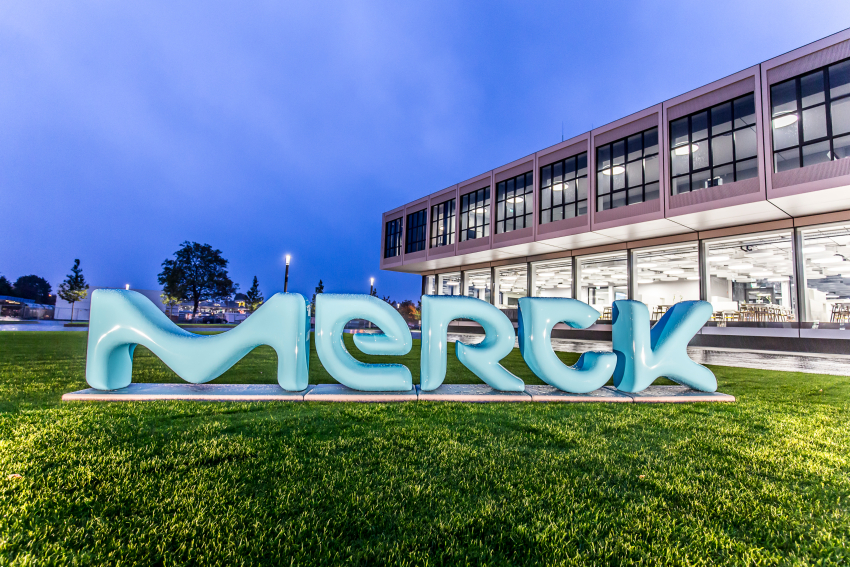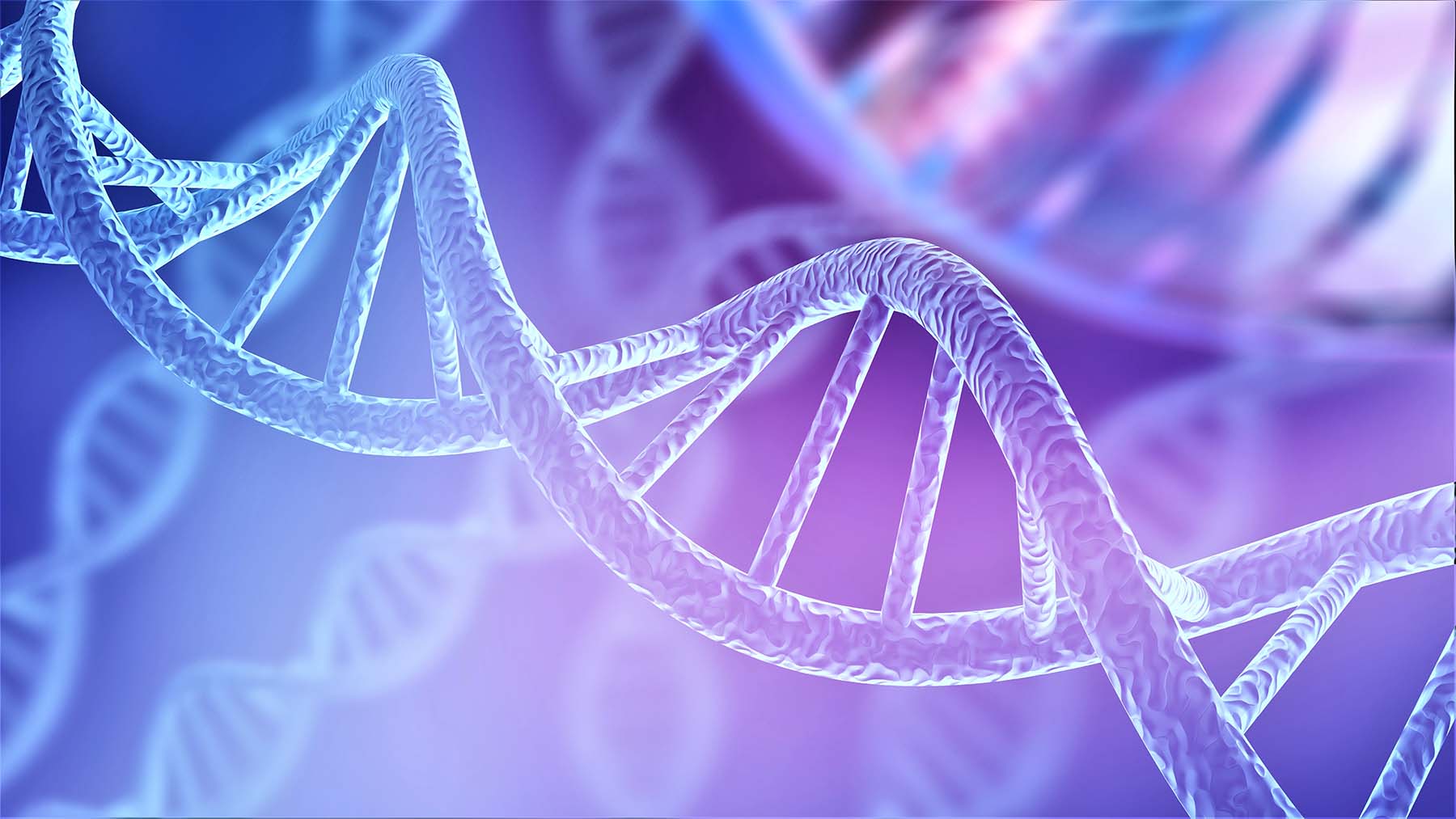
Merck KGaA
In December 2020, Artios entered into a global research collaboration with Merck KGaA, Darmstadt, Germany,
The collaboration leverages the proprietary nuclease-targeting module of Artios’s DecoDeR discovery platform, to identify multiple synthetic lethal nuclease targets for precision oncology drug candidates. Our ATR and Polθ programs are excluded from the collaboration.
For this collaboration, Artios received a total of $30 million as an upfront payment and early success fee.
We are eligible to receive total payments, including upfront payment, early success fee, milestone payments and option fees, in the aggregate of up to $7 billion.

Novartis
In March 2021, Artios entered into a global research collaboration with Novartis, to discover and validate novel next-generation DDR targets to enhance Novartis’ Radioligand Therapies (RLT).
Under the collaboration, Artios and Novartis will perform target discovery and validation, and Novartis will select up to three exclusive DDR targets, and receive worldwide rights on these targets to be utilized with its RLT’s.
Our ATR and Polθ programs are excluded from the collaboration, as are nuclease targets. Artios received an upfront payment of $20 million and is eligible to receive up to $1.3billion in discovery, development, regulatory and sales-based milestones, in addition to royalty payments.
We hope that our collaborations with both Merck and Novartis will lead to better treatments for patients with cancer in the future.
Artios’ strategy is to work with the foremost DDR researchers globally to identify and develop the best DDR programmes. The Company has developed strong partnerships that enable it to accelerate identification and development of novel DDR inhibitors.
Through collaboration and in-licensing opportunities Artios has built an exciting portfolio of DDR programmes. Working with world leaders in DDR research, including Professor Simon Boulton at the Francis Crick Institute, London, the Company is able to rapidly identify the biology and clinical positioning of DDR targets for the benefit of cancer patients.

